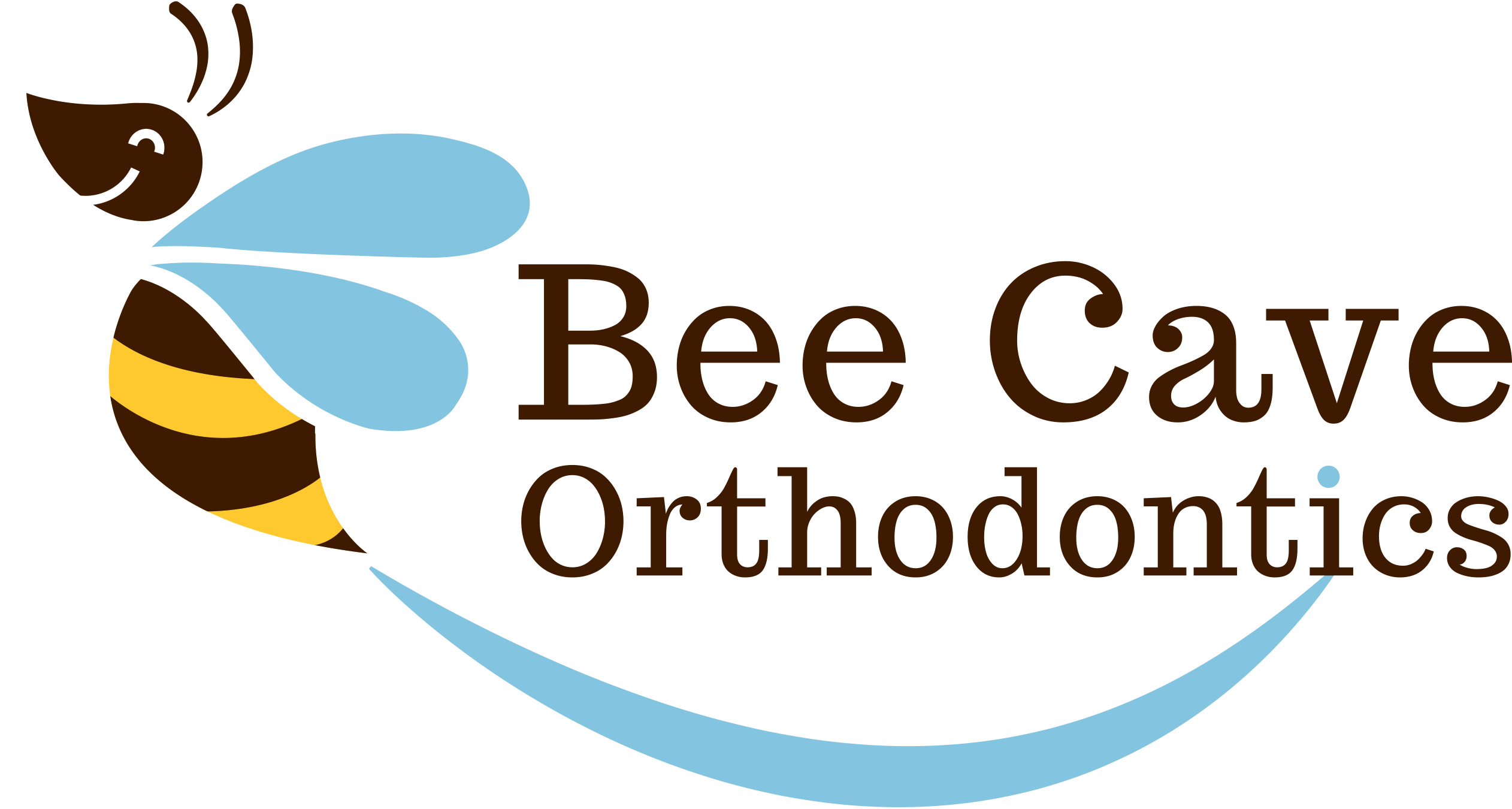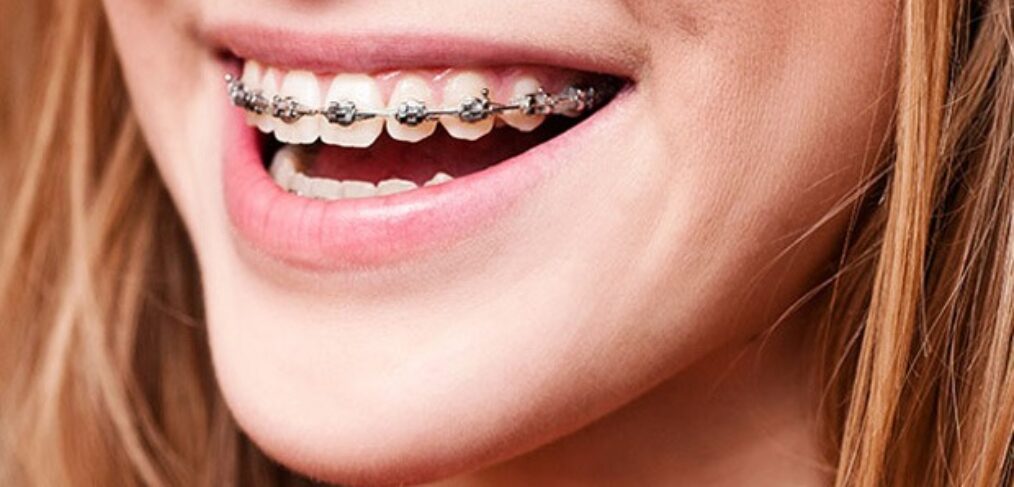Wondering what to expect during your child’s first week with braces? Discover 7 expert tips to reduce discomfort and support a smoother transition to a healthy smile. – Bee Cave Orthodontics – Austin, Texas
Getting braces is a big milestone in a child’s life—and for parents too! The first week is often the most challenging, filled with questions, discomfort, and a brand-new routine. But don’t worry: with the right mindset and preparation, your child’s first week with braces can be smooth, positive, and even exciting.
In this guide, we’ll walk you through what to expect during your child’s first week with braces and offer 7 essential tips to help make the transition easier for the whole family.
🦷 1. Some Discomfort Is Normal
The first thing to know is: discomfort is expected—but it’s temporary. Your child may experience sore teeth and gums as their mouth adjusts to the pressure of the braces. This discomfort usually peaks on day two or three and begins to fade by the end of the week.
Tip: Soft foods and over-the-counter pain relievers (like acetaminophen or ibuprofen) can make a big difference. Avoid aspirin unless directed by your orthodontist.
🍲 2. Soft Foods Will Be Your Best Friend
During the first few days, your child should stick to soft, easy-to-chew foods. Hard or crunchy items can cause additional pain or damage brackets.
Best options for week 1:
-
Mashed potatoes
-
Smoothies
-
Yogurt
-
Scrambled eggs
-
Pasta and soft-cooked veggies
-
Soup (not too hot!)
Avoid popcorn, nuts, chips, or sticky candies—they can dislodge wires or brackets.
🪥 3. Oral Hygiene Becomes More Important Than Ever
Brushing and flossing take on new importance once braces are installed. Food can get stuck in wires and brackets easily, so cleaning thoroughly is essential to avoid plaque buildup and cavities.
Pro tip: A soft-bristled toothbrush, interdental brushes, and a water flosser can help your child keep their teeth clean and healthy with less frustration.
💬 4. Speech Might Be A Little Different
Some children experience temporary changes in speech, like a lisp or slight difficulty pronouncing certain words. This is completely normal and usually goes away as the mouth adjusts to the new hardware.
Encourage your child to read aloud or talk more to help speed up the adaptation process.
😬 5. Braces Might Cause Mouth Sores at First
The brackets and wires may irritate the inner cheeks or lips. This can lead to small sores or raw spots in the first week. Orthodontic wax is a simple solution: just roll a small piece and place it on the brackets causing discomfort.
Your orthodontist may also provide special rinses or recommend saltwater gargles to promote healing.
🎯 6. A Positive Mindset Helps More Than You Think
This is a big change for your child, and they may feel a little self-conscious or overwhelmed. Your support, encouragement, and a touch of humor can go a long way.
You might say: “Every superhero needs a little training gear!” or remind them that many celebrities have gone through the same process—and came out with amazing smiles.
📅 7. Know When to Call the Orthodontist
While mild discomfort is normal, certain issues require immediate attention:
-
A bracket or wire has come loose
-
Severe pain that doesn’t improve with medication
-
Sores that worsen or get infected
-
Something is poking or cutting the gums or cheeks
At Bee Cave Orthodontics, Dr. D and our team are always here to support you through the journey—especially in those first few days when everything is new.
💡 Schedule a Free Consultation
The first week with braces is all about adjusting, adapting, and staying positive. With these 7 essential tips, you’ll be better prepared to support your child during this exciting phase of their smile transformation.
Need help or have questions during your child’s first week with braces?
👉Schedule a Free Consultation with Dr. D now and get personalized guidance from Austin’s trusted pediatric orthodontist.
Want to get to know us a little better? Check out our YouTube Videos!


